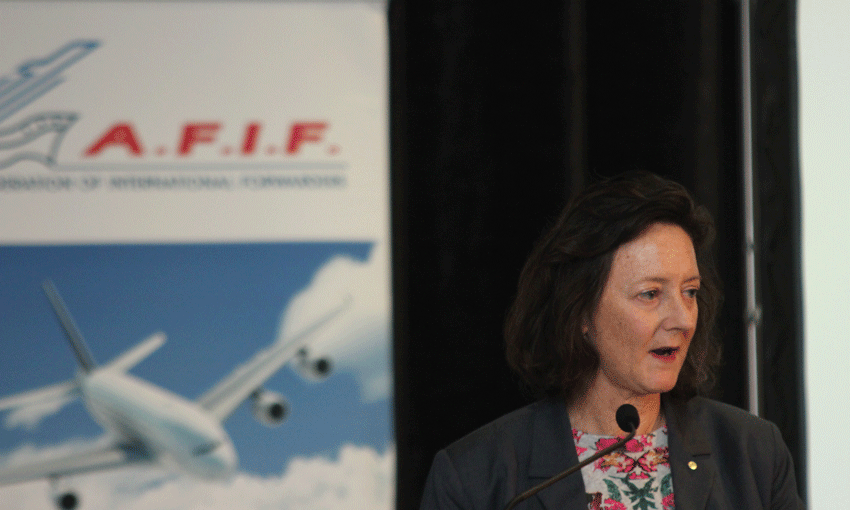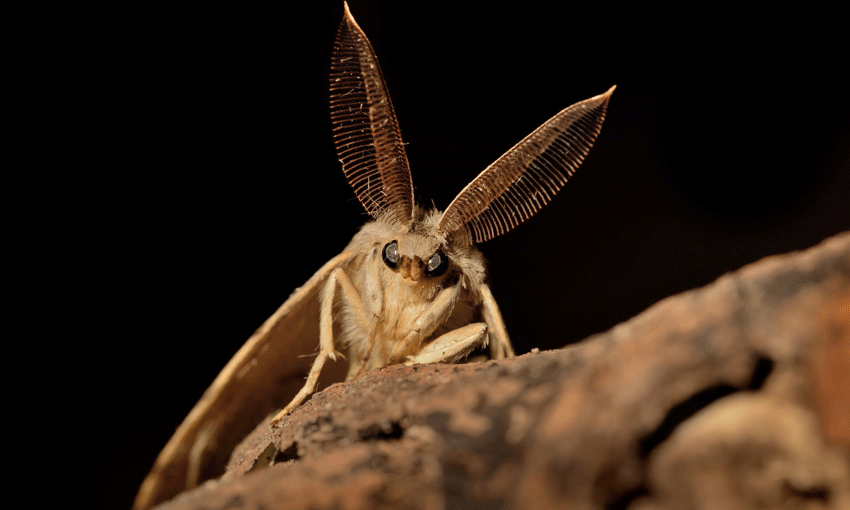MARINERS should keep a sharp eye out for biosecurity hazards that pose a risk to the Australian environment and farming sector, head of Biosecurity at the Department of Agriculture Lyn O’Connell says
According to the department, around 500 non-commercial boats/yachts and 19,000 commercial vessels arrive in Australia each year.
Ms O’Connell said an Asian gypsy moth’s egg mass was recently discovered during a vessel inspection on a bulker.

“The spread of exotic pests and diseases, like this moth and its larvae, could have devastating impacts on our agribusiness and horticultural industries,” Ms O’Connell said.
“These stowaway pests are small and hide well. Sailors should keep an eye out for them and report before or on arrival anything they see.”
Ms O’Connell noted cases involving pleasure craft.
“Just recently biosecurity officers found a live gecko, an exotic ant, a spider and termites during an inspection of a yacht arriving into Darwin,” Ms O’Connell said.
“Live geckos are a risk because they may carry pests or disease that could affect our unique native reptiles. Exotic ants, spiders and termites are a risk because they could damage infrastructure, affect our homes and way of life and damage our natural environment.
Ms O’Connell said the Australian government was exploring opportunities for yachts to help manage the associated biosecurity risks, including via the use of first points of entry ports, ports that have facilities and procedures to prevent pests and diseases entering the country.
Coral Sea Marina at Airlie Beach, near the Whitsunday Islands, and Port of Darwin are examples of such ports.
“Biosecurity is everyone’s responsibility and together we can ensure Australia remains free from some of the world’s most damaging pests and diseases,” Ms O’Connell said.

